- The European Parliament’s recent endorsement of the Artificial Intelligence Act, which incorporates the comprehensive Markets in Crypto Assets (MiCA), is bringing about a transformation in the realm of crypto regulation.
- The MiCA represents a paradigm shift, introducing the most advanced regulatory framework for cryptocurrencies globally.
The European Parliament’s recent endorsement of the Artificial Intelligence Act, which incorporates the comprehensive Markets in Crypto Assets (MiCA), is bringing about a transformation in the realm of crypto regulation. Germany’s crypto industry is well-positioned to capitalize on the opportunities arising from this significant development. The MiCA represents a paradigm shift, introducing the most advanced regulatory framework for cryptocurrencies globally. This positive development not only offers much-needed clarity to service providers but also bolsters consumer confidence in the evolving crypto industry.
However, there are critics who have raised concerns about the legislation. One particular criticism focuses on the limitations imposed on anonymous payments. Despite these concerns, the overall impact of the legislation is expected to be largely beneficial, especially for German crypto firms that already require a BaFin license to operate. The introduction of MiCA, with its pan-European scope, could potentially streamline the licensing process and eliminate the need for additional regulatory obstacles.
MiCA’s “Travel Rule” introduces an additional layer of accountability to crypto transactions by mandating detailed documentation of all crypto transfers. This requirement highlights the growing importance of transparency in crypto operations. The legislation also stipulates that asset issuers must produce and publish white papers for each offered asset, further enhancing disclosure standards.
Furthermore, a public register for crypto service providers will be established, bringing an unprecedented level of transparency to the industry. German crypto companies, which already comply with many of these provisions under existing national laws, are well-positioned to smoothly transition into the MiCA era.
The proactive engagement of crypto entities, such as the IOTA Foundation, with regulatory bodies in Europe showcases the adaptability of the industry. Notably, IOTA’s native cryptocurrency, MIOTA, was excluded from the recent SEC lawsuit against Binance, suggesting its non-security status and resistance to quantum attacks may protect it from future regulatory scrutiny.
By focusing on real-world applications like the Internet of Things (IoT) and supply chains, and with the upcoming launch of the IOTA 2.0 framework, crypto entities like the IOTA Foundation demonstrate their ability to adapt to evolving regulatory landscapes. The efforts made by IOTA to align with MiCA and expand into regions like the UAE exemplify how strategic regulatory compliance can drive innovation and growth.
The introduction of MiCA has been welcomed by prominent crypto firms like Binance, Coinbase, and Kraken, marking a significant milestone for the European crypto industry. This unified regulatory approach, which establishes higher disclosure standards and stringent reserve requirements for stablecoin issuers, is poised to become a model for other jurisdictions. Enforcement of the legislation is scheduled to commence from July 2024 for stablecoins and January 2025 for other requirements, signaling the start of a regulated and transparent crypto landscape.
RELATED: IOTA: How IOTA is Making the Energy Sector More Efficient, Resilient, and Sustainable

